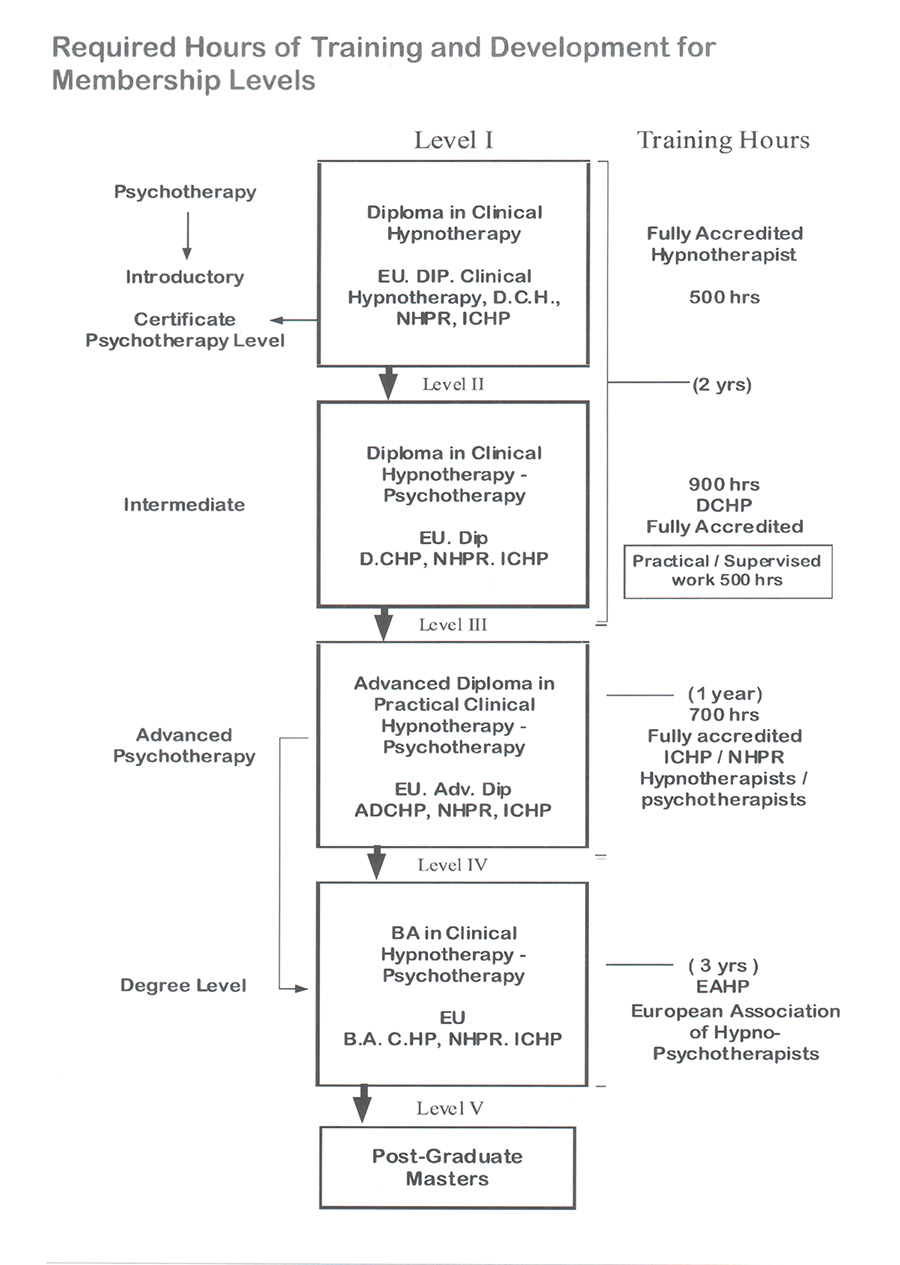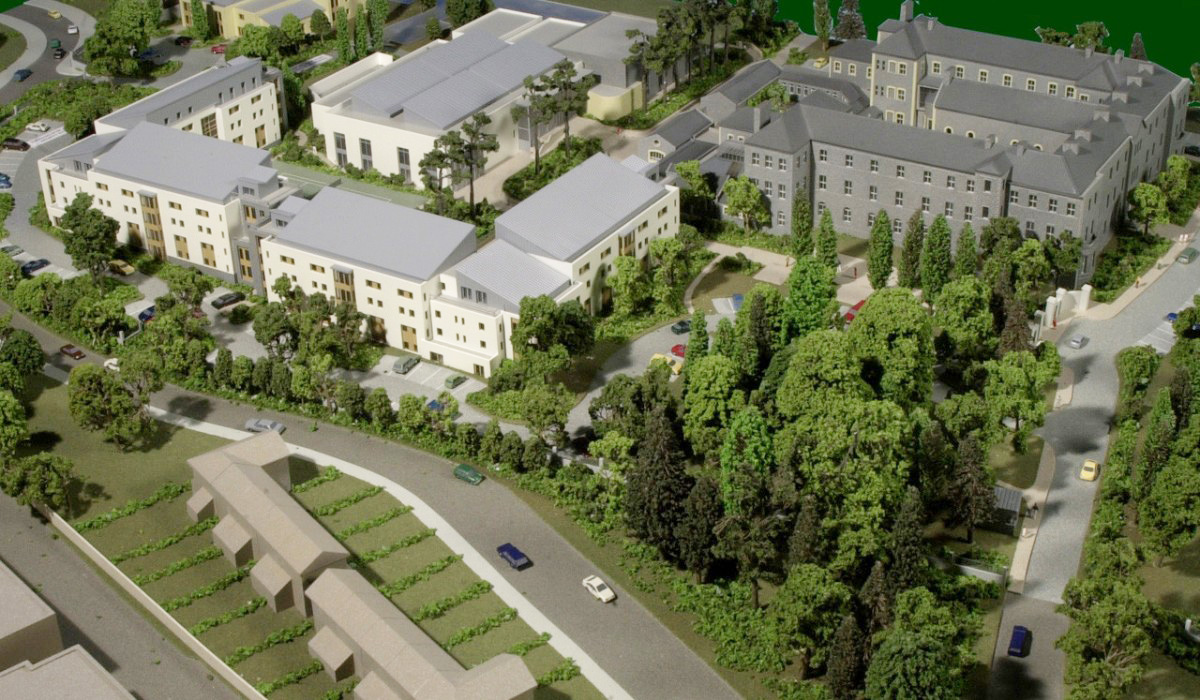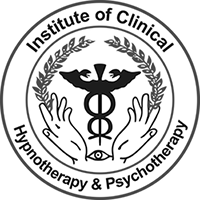
Foundation Certificate
Diploma
Advanced Diploma
ICHP Associate Diploma
ICHP Masters Programme
In 2003 the Institute of Clinical Hypnotherapy & Psychotherapy was invited to become a founding member of the European Association of Hypnotherapy & Psychotherapy because of its ongoing Master Programmes focusing on Hypno-analytical Psychotherapy. Frans Peeters (Netherlands) invited the Institute of Clinical Hypnotherapy and Psychotherapy to become a Founding Member of the EAHP. In order to maintain this high standard of Post Graduate training, the ICHP Master Programme has developed specific modules over a four year period designed to meet the needs of the international register for evidence-based hypnotherapy. Dr Peter George of ICHP Australia in connection with ICHP Ireland has developed a Master Programme that meets the criteria of Evidence-based Hypnotherapy / Hypnopsychotherapy. This four year programme is open to all ICHP Graduates and suitably qualified psychotherapists who have completed the undergraduate programme and the upgrade programme. Please go to the Master Programme section of the website for more information.
This Foundation Certificate course is designed for the student to learn the basic skills of Hypnosis/Hypno-psychotherapy while providing an excellent stepping stone to the Diploma and Advanced Diploma Levels. The student will learn about Hypno-psychotherapy and how to induce therapeutic trance in their clients to help with presenting symptoms such as smoking, slimming, stress, phobias, fears and anxieties, pre-exam nerves, concentration and memory improvement.
This course combines hands on practical course work with course notes, audio recordings and a required reading list, all of which help the student accumulate the basic skills of a Clinical Hypno-psychotherapist. The course requires 56 hours of practical training which takes place over four weekends, with each weekend contributing towards 14 hours of training.
The student will discover the many advantages of training in Hypnosis and therapy before committing to the ICHP Diploma in Clinical Hypnotherapy and Psychotherapy. The course will also teach the student to deal with personal issues, realise their true potential and help focus on a successful future career in Hypnotherapy-Psychotherapy.
During Level 1 there’s a strong emphasis on continuous assessment and Supervision and the student is encouraged to practice with family & friends as practice clients. On completion of Level 2, the Diploma in Clinical Hypno-psychotherapy, the student will be eligible to go into professional practice in Clinical Hypno-psychotherapy using suggestion therapy.
- Introduction to Hypno-Psychotherapy Course
- Introduction to Theoretical Considerations
- What is Psychotherapy: A personal and practical guide.
- The Hypnotic Induction
- Regression Techniques for Presenting
- Symptoms
- Pre-Induction Sensitisation
- Imparting of Hypno-psychotherapy Information
- Suggestions in Hypno-psychotherapy
- Structuring Suggestions
- Common Misconceptions Concerning
- Hypnotherapy
- Hypnotic Suggestibility
- Signs of Hypnosis
- Laws of Suggestion
- Pre-Induction Consultation
- Information Gathering
- Induction of Hypnosis
- The Benefits of Hypnotherapy
- Hypnotherapy – Mind/Body Connection
- Indirect Hypnotic Phrasing and Techniques
- Classic Hypnotic Phenomena
- Conditions treated in Hypnotherapy
- The Rules of the Mind
- Practical Induction & Therapy
- Rules Governing the Ethical use of Hypnosis
- Dangers of Hypnotherapy
- Smoking Cessation
- Weight Loss
- General Application of Hypnotherapy
- Formulating Suggestions for Specific Symptoms
- Practical Business Considerations
- Ethics and Supervision
During the ICHP Foundation Level there is a strong emphasis on the ICHP Code of Ethics, Standards & Practice in order to train the student in all issues relating to practice and ethical Hypno-psychotherapy.
The Diploma in Clinical Hypno-psychotherapy is available to students who have successfully completed the Foundation Certificate in Clinical Hypnosis. This part of the course builds on the principles, practice and Ethics of Clinical Hypno-psychotherapy. The student is required to attend 84 hours of practical training, which is run one weekend a month for six months.
This course also involves twelve lessons and recorded lectures for directed independent learning. Lessons will be supplied from initial application on the course as well as during the weekend practical. Assessment involves exercises, exams and essays, along with practical experience.
Required home study consists of a recommended reading list in addition to the manuals provided. Students are required to submit range of learning assignments.
- An overview of Therapy
- Hypnotherapy & Irish law
- Hypnotherapy & Insurance
- Safety factors involved in becoming a Hypnotherapist
- Duty of Care
- The Historical Roots of Hypnotherapy
- Practical Hypnosis
- Defining Hypnosis
- Stages & Phenomena of Hypnotherapy
- Dangers of Hypnotherapy
- Difficulties in Hypnotising and De-hypnotising clients
- Practical information about utilising Hypnotherapy
- Conscious & Sub-Conscious Minds
- Healing Using Visualisation and Hypnosis
- Voices of the Therapist
- Suggestibility Tests
- Deepening Techniques
- Symptom Substitution
- Instant Inductions
- Dealing with the Fearful Subject of the Hypnotic Experience
- Proof of Hypnosis
- Communicating Hypnosis
- General Classification of Induction
- Ideo-Motor Response (IMR)
- Ways of Using IMR or Arm Levitation
- Self-Hypnosis
- Physical Signs of Hypnosis
- Permissive Techniques
- Imaginative Techniques
- Active Techniques
- Theories & Nature of Hypnosis
- Uncovering Techniques
- Psychosomatic Disease and Stress
- Validity of memories retrieved in the Hypnotic state
- Rules Governing the Use of Hypnotherapy
- Transference & Counter-transference
- Modern Hypnosis; Theory & Practice
- Children & Adolescents
- Neurolinguistic Programming (NLP)
- Ericksonian Hypnotherapy The life & teachings of Dave Elman
- Trance Deepening Images
- Fantasy Therapy
- Clinical Hypnosis for Appetitive Disorders
- Clinical Hypnosis for Functional Problems
- Clinical Hypnosis for Smoking & Addictions
- Clinical Hypnosis for Habit Disorders
- Clinical Hypnosis for Obsessive
- Compulsive Disorders
- Clinical Hypnosis for Fears & Phobias
- Clinical Hypnosis for Sexual Dysfunction
- Clinical Hypnosis for Pain & Suffering
- Clinical Hypnosis for Enhancing
- Academic Performance
- Clinical Hypnosis for Ego-Strengthening
- Clinical Hypnosis for Breathing, Skin & Heart
- Clinical Hypnosis for Emotional Problems
- Clinical Hypnosis for Anxiety & Fear
- Child Protection Training
- Dreams
- Free Association
- Repression Release
- Oral Conflicts and Character Diagnosis
- Anal Conflicts and Character Diagnosis
- Genital Conflicts and Character Diagnosis
- The Inter-relationship of Conflicts with sexual problems and anxiety states.
- Use of the Affects Bridge Techniques
- Person-centred therapy (Dr Carl Rogers);
- Psychosynthesis (Dr Roberto Assagioli);
- Gestalt (Drs Fritz and Laura Perls);
- Transactional Analysis (Dr Eric Berne);
- Cognitive and cognitive-behavioural therapy (Dr Aaron T. Beck);
- Analytical Therapy (Dr Carl Jung);
- Existential Therapy (Irvin Yalom and Rollo May);
- Cognitive-humanistic therapy (Dr Richard Nelson-Jones);
- Transpersonal Therapy( Ken Wilber, Dr Roger Walsh and Dr Frances Vaughan);
- Integrative Therapy (Various).
Training Analysis
Each Student is required to begin Personal Therapy and analysis in their Diploma year. ICHP will provide a list of suitable therapists who are accredited to conduct personal therapy on ICHP students. Each student should maintain a journal that monitors their own self-development and enter the hours taken and their self-development in their log Book.
INSURANCE
Each graduate of the ICHP Diploma Course will be eligible to secure Public Liability Insurance and Private Indemnity Insurance with Holistic Insurance Services which will provide cover when in practicing as a Clinical Hypno-psychotherapist.
The policy provides:
• Malpractice, professional indemnity, public and products liability insurance
• A limit of indemnity of £5,000,000 on a losses occurring basis
• Cover whether you work from a clinic, from home, or visit client’s premises
• Full retroactive cover for previously insured periods
• Libel and slander cover up to the £5,000,000 limit of indemnity
• Cover for additional therapies – most at no extra cost
• Legal defence of non motor criminal and civil actions, disciplinary hearings and tax protection – limit of indemnity £500,000 (with an inner limit of £100,000 per claim)
• Jury service compensation
• Legal advice helpline for both personal and business legal matters
In order to practice as a Clinical Hypno-psychotherapist it is necessary to continue to the next stage of the programme, the Advanced Diploma Practical classes. The requirement for this level of the programme is to conduct 56 hours of practical training, held over 4 weekends once a month. Again there are various examinations and essays throughout the course.
On completion of your Foundation, Diploma & Advanced Diploma courses and the required assessments, you are eligible to receive your Advanced Diploma in Clinical Hypnotherapy & Psychotherapy. This allows you to become a member of the ICHP Post-Graduate Association and to go into practice as a Clinical Hypnotherapist-Psychotherapist.
The course syllabus is laid out below – briefly, the course covers all aspects of Clinical Hypnotherapy / Hypnosis / Psychotherapy & Hypno-analysis, so that upon graduation you will be in a position to set up in private practice, and start your new career as a professional, ethical, accredited and competent Hypnotherapist / Hypno-analyst / Hypno-psychotherapist.
The following is a summary of the course contents:
- Historical development of Hypno-Analysis
- Components of Classical Psycho-analytical Techniques in the production of material in the analytical encounter
- Phobias
- Facilitating the development of Transference Neurosis and the Working
- Alliance
- Analysing Transference
- Resistance
- Clinical Hypno-psychotherapy
- The Basic Structure of a Hypno-Analytical Therapy session
- Hypno-Analytical Techniques & Skills
- Recognising & Utilising Transference
- Recognising & Utilising Trance States
- Calibration
- Rapport Building
- Dream Interpretation
- Therapeutic Use of Dreams
- Abreactions & how to deal with them
- Character Diagnosis
- Technical Difficulties
- Therapist Intervention During Analysis
- NLP Skills
- Reframing
- Eye Accessing
- Sub-Modalities
- Using Hypnotic Phenomena
- Therapeutic Use of Deeper Trance
- Metaphor Dreams and transformation
- Anchoring Sexual Problems & Anxiety
- Oral Conflicts
- Basic Instincts
- The Libido
- A baby boy’s Development
- A baby girl’s Development
- The Oedipus Complex
- Worry and Conflict
- Gratification & Anger
- Self-Direct Rage
- Dissociation
- Compulsive Traits
- Depressive Illness
- Schizoid Personality
- Case Histories of Compulsive Traits
- Anal Conflicts
- Anal-sadistic Period
- Obsessional characters
- Character Types of the Obsessional Personality
- Paranoid characters
- Hypochondriacal characters
- Case Histories of Anal Conflicts
- Genital Conflicts
- Hysteria
- Character Traits of the Hysterical Personality
- Hysterical Dissociation
- The Anxiety State v Fear & sexuality
- Anxiety in the Form of a Bodily Symptom
In addition to this the student will be required to attend 2 one-day workshops:
Personality Theory in Hypno-psychotherapy which deals with the development of a basic understanding of the various theories of Personality development and their relevance to Hypno-psychotherapeutic analysis.
General Human Sciences workshop which lays the scientific foundation in Human Anatomy and Physiology, Neuro-science, the Emotional Limbic system, Left and Right brain processing, State Dependent Memory Learning & behaviour, Evolutionary development, the Threat system, Stress and Core Psychotherapy Modules.
ACCREDITATION
The Institute of Clinical Hypnotherapy & Psychotherapy is affiliated to N.C.H. (U.K.) and the Course of Training is accredited by the National Council for Hypnotherapy (U.K.) and European Association of Clinical Hypno-Psychotherapy (E.U.)
Member/Approved:
- IRISH HYPNOTHERAPY EXAMINERS BOARD (IRL)
- INSTITUTE OF CLINICAL HYPNOTHERAPY & PSYCHOTHERAPY
- POST GRADUATE ASSOCIATION (IRL)
- EUROPEAN ASSOCIATION FOR HYPNO-PSYCHOTHERAPY (EU)
- NATIONAL HYPNOTHERAPY PSYCHOTHERAPY REGISTER (IRL)
- NATIONAL GUILD OF HYPNOTISTS (USA)
- CORPORATION OF ADVANCED HYPNOTHERAPY (UK)
- AMERICAN COUNCIL OF HYPNOTIST EXAMINERS (USA)
- INTERNATIONAL SOCIETY FOR PROFESSIONAL HYPNOSIS (USA)
- ASSOCIATION TO ADVANCE ETHICAL HYPNOSIS (USA)
- AMERICAN INSTITUTE OF HYPNOTHERAPY (USA)
- EUROPEAN THERAPY STUDIES INSTITUTE (UK)




